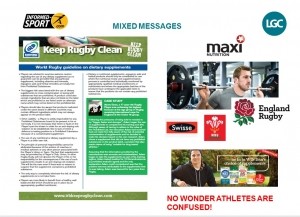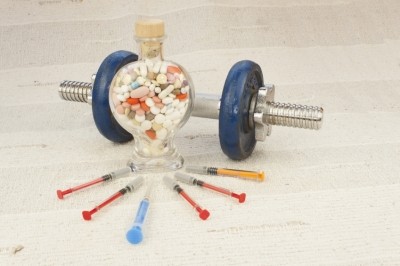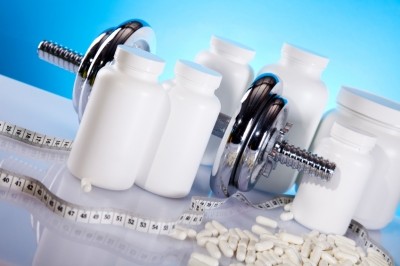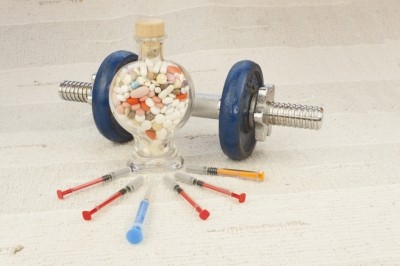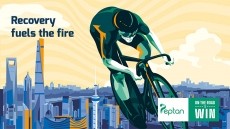Mixed anti-doping messages: Call to address hypocritical sports supplement sponsorship

Speaking at the inaugural sports nutrition conference organised by NutraIngredients and European Specialist Sports Nutrition Alliance (ESSNA), Informed-Sport's director of business development, Terence O'Rorke, said these mixed messages in anti-doping campaigns needed to be addressed.
“The message and approach is inconsistent. Some sports and sports clubs recommend athletes do not use supplements, but have highly-visible commercial deals with supplement brands,” he said at the afternoon conference, which ran the day before Health ingredient Europe (HiE) in Frankfurt.
He said the sports supplements industry had made “significant strides” in raising quality assurance standards over the last decade not least with testing and certification schemes from organisations like Informed-Sport.
Yet he said the risk of contamination still exists through accidental cross-contamination or the deliberate actions of rogue brands.
A very real threat
As a result he said sports supplements presented an “ongoing and very real threat” in terms of an athlete committing an anti-doping rules violation.
UK anti-doping agency UKAD estimated that in 2012 44% of UK anti-doping positive tests were caused by prohibited substances in supplements.
Likewise Informed-Sport’s parent company LGC tested 67 products available in Australia and found 19% showed evidence of substances banned in sport like stimulants and sports, while two products presented a risk to health and a strong likelihood of leading to an anti-doping violation.
It’s no surprise then when high profile sports organisations like the Football Association (FA) and the English Rugby Football Union (RFU) warn players not to take
food supplements.
What is less coherent however, are the sponsorship deals the teams and their athletes go on to sign.
'Quite hypocritical'
He cited the example of the Keep Rugby Clean guidelines, which urged “extreme caution” on supplement use.
Yet conversely supplement major MaxiNutrition has been an official sponsor of the RFU for more than three years.
O'Rorke called this mixed messaging confusing and “quite hypocritical”, calling for a harmonisation of standards as well as testing.
“It’s a huge disconnect and I think it needs to be addressed,” he said.
